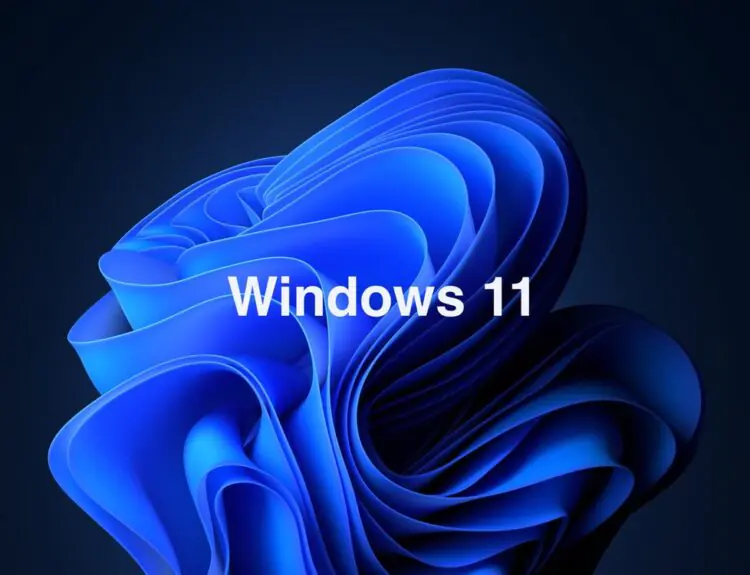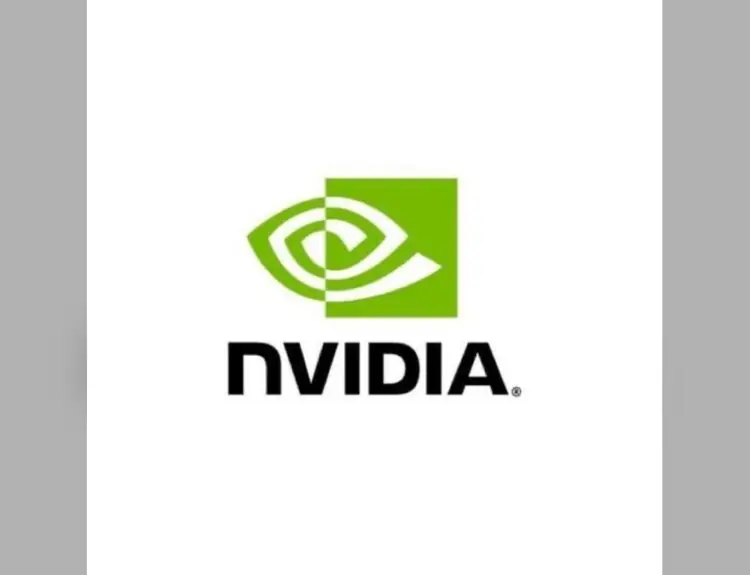In a bold announcement, Xbox has unveiled an innovative AI model named “Muse.” This system aims to revolutionize gameplay ideation by enabling game developers to create consistent and diverse gameplay experiences. The focus of Muse is not just to assist in content creation but to enhance workflows during the development phase, potentially empowering creators with new tools. As the gaming industry embraces artificial intelligence, Xbox takes a significant step forward with this release.
Muse offers developers a fresh avenue for creativity. The platform is designed to help game creators brainstorm and test gameplay ideas efficiently. In the words of Xbox, “demonstrating a major step toward generative AI models that can empower game creators.” This raises the question of how development processes will evolve as AI becomes a central player in game design. The integration of artificial intelligence fosters collaboration between technology and creativity, paving the way for a new wave of video games.
The news of Muse quickly ignited discussions among gamers and developers on social media. Reactions were mixed. Some users expressed excitement and optimism for Muse, while others voiced skepticism about the role of AI in game development. A user shared their hope, stating, “With Muse and PublicAI, we might just see a future where every game is a masterpiece—no pressure, right?” However, not everyone shares this enthusiasm. Another individual predicted a grim future, sarcastically stating, “Yeah, this is totally gonna end well.”
The debate intensified further. Critics argue that AI could stifle creativity. One user sarcastically remarked, “Pretty quick video actually: they basically don’t want to use AI for content but to enable more efficient workflows.” Others fear that concepts of traditional game development might become extinct as AI takes a more prominent role. “Nobody asked for this and more jobs will be on the line,” said one concerned user, reflecting similar sentiments shared across the thread.
Meanwhile, advocates of AI in gaming highlighted the positive possibilities. A reply chimed in to say, “Looks like Muse is leveling up gameplay! 🎮 With PublicAI, we can all join the fun and shape AI too!” This perspective emphasizes the collaborative potential of AI tools, suggesting that they can augment rather than replace human creativity.
Some users offered insightful critiques, questioning the motivations behind using AI. One commentator articulated the concern about creativity diminishing, saying, “’Empower’ ie replace.” This succinctly captures a worry many have that AI could replace human jobs rather than serve as a tool for enhancement. The uncertainty surrounding AI’s implementation in the gaming industry presents challenges that need to be addressed.
Interestingly, a few users attempted to clarify misunderstandings, insisting that AI is merely a tool rather than a complete replacement for human effort. A user explained, “It is used to create ideas during development. It’s used for the phase where you still have nothing created and just want to test some gameplay ideas.” Such comments emphasize that AI aims to support game designers rather than entirely take over their roles.
As discussions unfold, it is evident that Muse has sparked a significant conversation in the gaming community, bridging the gap between tradition and innovation. With AI increasingly becoming intertwined in our daily lives, opinions will continue to evolve about its role in game design. Whether viewed as a tool for empowerment or a threat to creative jobs, Muse presents a fascinating case study in the ongoing evolution of the gaming landscape.
Ultimately, Xbox’s Muse raises questions about the future of gaming. As game creators start to explore the boundaries of AI-assisted design, who knows how this will shape our favorite medium? With so many mixed opinions, one thing is for sure: AI in gaming is here to stay. The future may be bright, but the shadows of concern linger on.







